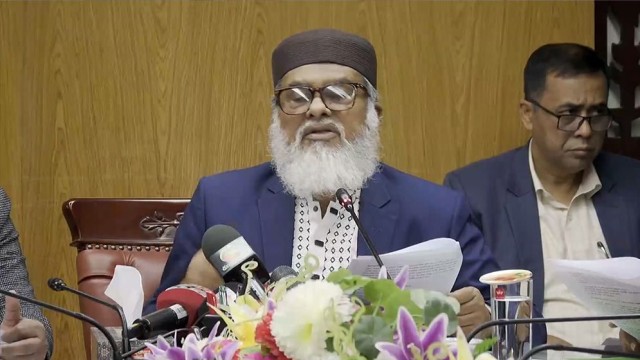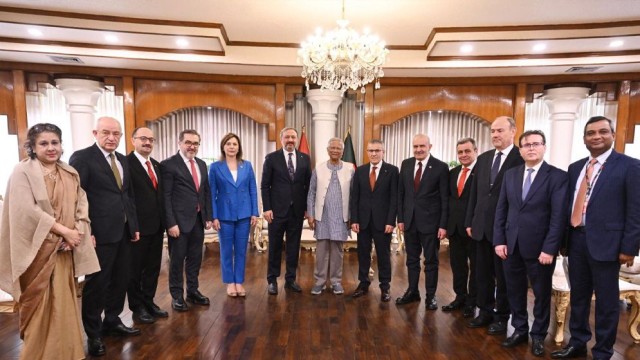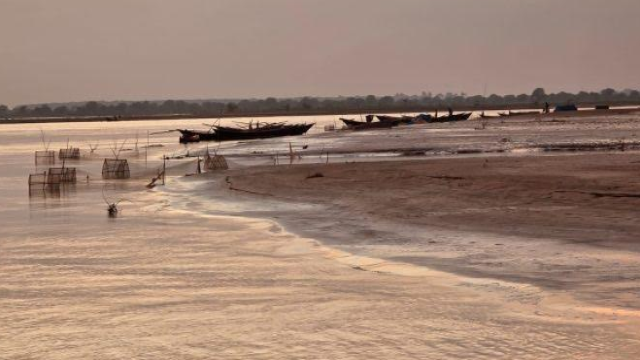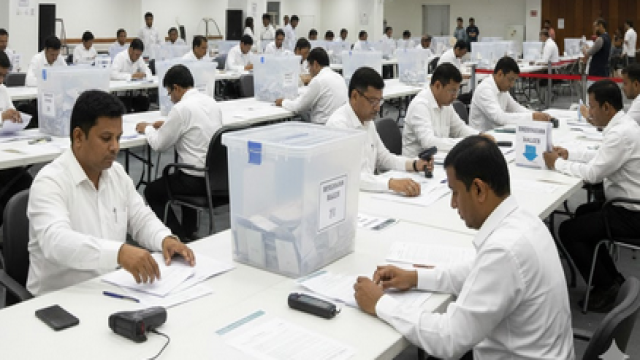Dhaka, Apr 10 (V7N) – India has officially revoked a key transshipment facility that previously allowed Bangladesh to export goods to third countries through Indian land ports and airports, dealing a potential blow to regional trade connectivity.
The development was confirmed by a report from India’s state-run Press Trust of India (PTI), which cited a notification issued by the Central Board of Indirect Taxes and Customs (CBIC). The CBIC has withdrawn its June 29, 2020 circular, which had allowed seamless passage of Bangladeshi goods through Indian territory en route to third countries such as Bhutan, Nepal, and Myanmar.
The notification states that this decision is effective immediately, although goods already in transit under the previous circular will be allowed to exit Indian territory.
The timing of the move has raised eyebrows, particularly in light of recent U.S. tariff hikes on exports from several countries, including India and Bangladesh. According to The Telegraph India, the BJP-led government may have taken this step amid growing concerns over Bangladesh’s alignment with China, especially in India’s strategically sensitive northeastern region.
The Indian Express further reported that the decision may be a reaction to Bangladesh’s growing cooperation with China, particularly following recent remarks by Professor Dr. Muhammad Yunus, Bangladesh’s Chief Advisor to the interim government. During his March 28 visit to China, Dr. Yunus said:
“The seven states in the eastern part of India, known as the Seven Sisters, are completely landlocked. They have no way of communicating with the sea. We are the sole guardians of the sea for this region.”
In response, Indian Foreign Minister S. Jaishankar rebutted the claim at the BIMSTEC summit on April 3, stating that India possesses the longest coastline in the Bay of Bengal, and emphasized India's plans to widen access from its northeast to the Pacific Ocean.
According to the Global Trade Research Initiative (GTRI), Bangladesh now faces a more expensive, uncertain, and time-consuming logistics chain, as it can no longer rely on the shorter and more efficient Indian land routes to reach certain markets.
The transshipment facility, granted during a relatively warmer period in bilateral relations in 2020, had been considered a vital economic lifeline for Bangladesh's trade with landlocked neighbors and beyond.
As diplomatic tensions rise and geopolitical alignments shift, experts warn that such moves could undermine regional cooperation, increase transport costs, and strain existing trade agreements between the two countries.
This latest development may further test Bangladesh-India relations at a time when both nations are navigating complex global trade dynamics and growing great-power competition in South Asia.
END/MSS/AJ































Comment: